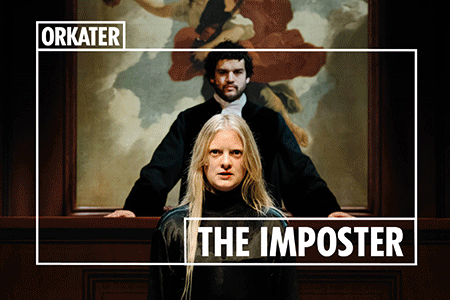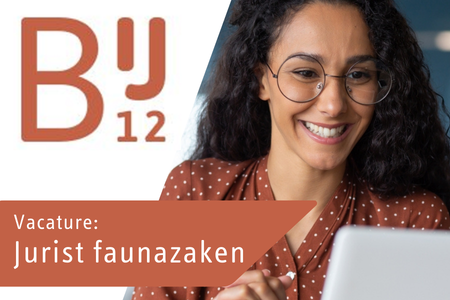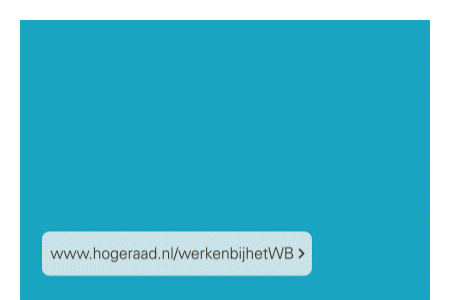Ars Aequi to turn into a European Law Review
This is an important announcement for all our subscribers. The executive board of Ars Aequi Maandblad has recently arrived at an important decision re the future of the Dutch student law review. It is to change the review into an all-European monthly, to be published in English. The decision has not yet been rendered public, because it is feared that the opposition will not refrain from undertaking action. Dutch politician Thierry Baudet is rumoured to undertake a plebiscite under Ars Aequi subscribers to raise the question whether readers are in favour of the English or the Dutch language. If they vote in favour of Dutch, Baudet promises a hot summer for the Ars Aequi executive.
What have been the reasons for this drastic move of the esteemed Dutch-language law review? Ars Aequi was founded some 65 years ago to promote legal education in the Netherlands. At the time, almost 100% of all law students were Dutch, 95% of the curriculum was in Dutch and likewise 90% of the legal materials were Dutch. Meanwhile, the Dutch legal landscape is changing from all-Dutch into mixed Dutch/English. Some bachelor’s and master’s courses are now exclusively offered in English.
It is clear that the award of the Nobel Prize to Ben Feringa has played a decisive role in the current move. Law now is the only remaining academic discipline where English is not the lingua franca. According to the executive board, this should and can change: ‘Yes we can.’ If Dutch law students are to participate in the international discourse, it is essential that they learn to equip themselves with English.
The decision has some practical consequences. All student papers should as of now be submitted in English. Annotators likewise will have to follow suit. As for the cases which are to be selected, these will change from the Dutch Hoge Raad to those handed down by the European Court of Justice and the European Court of Human Rights. Occasionally, cases of the French Cour de cassation, the German Bundesgerichtshof, the UK Supreme Court and – yes – the Hoge Raad will also be published, as – rarely – cases from the other high courts in Europe.
The cases will be selected by a new advisory board, consisting of academics coming from foreign jurisdictions, such as Hugh Beale, John Cartwright, Aurelia Colombi Ciacchi, Hector MacQueen, Hans Schulte-Nölke and Konrad Wagner, who all have or have had teaching experience in The Netherlands.
Because it is assumed that not all prospective subscribers completely master the English language, Ars Aequi will offer a crash correspondence course in legal English.
Regrettably, columns – being no serious legal business – will no longer be published.
Although there is no doubt that English is the current lingua franca of legal discourse, there is a number of elements which in the long run may change this. Indeed Brexit and Trumpism are two indicators that English may already be on the way back. At least in the area of private law, German – which used to be the number one language in 19th century Europe – is presently on the way back towards a higher place. In view of this development, the Ars Aequi executive will reconsider next year whether or not a further move from English to German should be made.
Deze column is verschenen in het Ars Aequi aprilnummer 2017.




